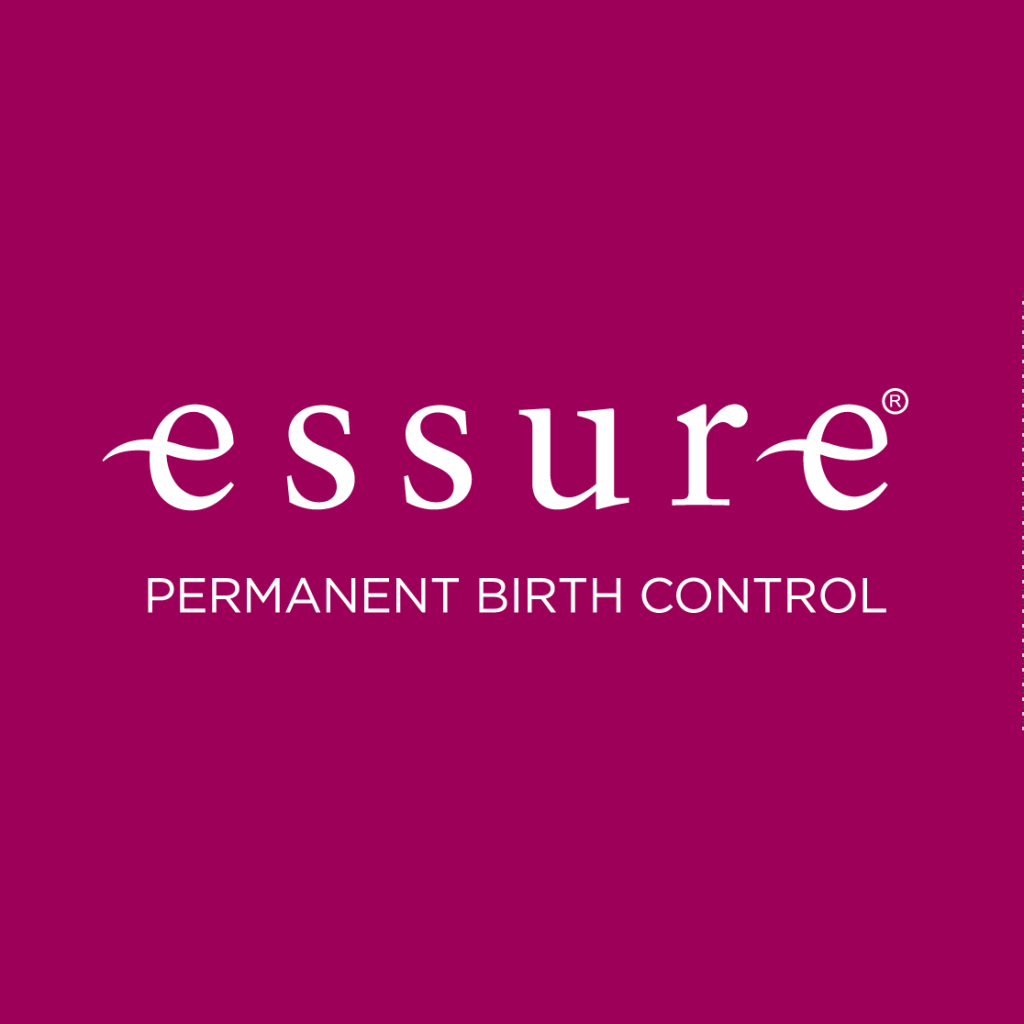Bayer, the maker of the female sterilization device Essure, announced last week that it would pay about $1.6 billion to resolve approximately 90% of the nearly 39,000 U.S. Essure claims involving women who allegedly suffered injuries caused by the controversial birth control device. The German medical device maker announced the Essure settlement in a statement on its website on August 20. Bayer also indicated in the statement that the company is in resolution discussions with the law firms representing the remaining plaintiffs in the Essure litigation and that the agreement would include an allowance for these outstanding claims. If you or someone you love has suffered a serious side effect allegedly caused by Bayer’s Essure birth control device, our consumer advocates at the Leading Justice can help. Contact us today to find out if you may be eligible for compensation from Bayer.
Injuries, Deaths Reported in Connection with Essure
Over the past several years, Bayer has faced a growing number of product liability lawsuits claiming that the company’s Essure female sterilization implant puts women at risk for serious injuries ranging in severity from allergic reactions to device migration and perforation of the fallopian tubes, among others. There have even been reports of patient deaths occurring both during and after placement of Essure, which was designed to be inserted through the vagina and cervix and permanently implanted in the fallopian tubes. Intended to provide women with long-term pregnancy prevention, Essure implants feature a flexible metal coil that causes scar tissue to form around the implant. This creates a barrier that prevents sperm from reaching the eggs and thereby prevents conception.
Marketed as a nonsurgical alternative to tubal ligation, Essure was meant to remain in place for a lifetime, but thousands of women have claimed in lawsuits that the sterilization implant is prone to problems and can pierce the walls of the fallopian tubes or dislodge and migrate to other parts of the body. Essure complications have been known to cause implant recipients excruciating pain and other serious health problems requiring removal of the device, a surgical procedure in which the Essure coils are actually cut out of the body. Unfortunately, Essure isn’t designed to be removable, and in many cases, removing the implant in full requires a hysterectomy.
Essure Black Box Warning Added by FDA
The potential risks associated with Essure birth control have been evident for years. In 2016, the FDA added a new boxed warning to the Essure label about the possibility of side effects like device migration, implant perforation, allergic reaction and pain occurring among Essure recipients. The FDA ordered the Essure black box warning after receiving more than 5,000 reports of painful and debilitating side effects related to Essure implantation between November 2002 and May 2015. At that time, the FDA also ordered Bayer to conduct a postmarket surveillance study of Essure to evaluate the potential risks of the permanent sterilization implant and added a Patient Decision Checklist to the Essure label to ensure that new patients were fully informed of the known risks of Essure birth control. In 2018, Bayer stopped selling the device in the United States, citing declining sales, increased FDA restrictions on the sale and distribution of the birth control implant, and “inaccurate and misleading publicity” surrounding the device.
Essure Adverse Events Reported to FDA
Although Essure was discontinued in December 2018, the device could still be implanted for up to one year from the date the device was purchased. In January 2020, the FDA conducted a search of the Manufacturer and User Facility Device Experience (MAUDE) and found that, from the date of Essure’s approval on November 4, 2002 through December 31, 2019, there were a total of 47,856 adverse event reports submitted to the FDA in connection with Essure. The device problems most frequently reported to the FDA included nickel allergy, device migration, device breakage or fracture, device dislocation, implant failure, pregnancy, malposition of the device and difficulty removing the device. There were also 57 reports of Essure-related deaths, which included adult patient deaths, pregnancy loss and ectopic pregnancies.
Pursuing Compensation for Alleged Essure Complications
Bayer may be settling the majority of the nearly 39,000 Essure injury claims pending against the company in the United States, but the medical device maker is not admitting any wrongdoing or liability in connection with Essure side effects. “Bayer sympathizes with all women who have experienced adverse health conditions, regardless of the cause, but the company continues to stand by the science supporting the safety and efficacy of Essure,” Bayer stated in the settlement announcement. If you or a loved one has suffered an alleged Essure complication like device migration, perforation of the fallopian tubes or device fracture, don’t hesitate to get legal help. Our consumer advocates at the Leading Justice can put you in touch with a knowledgeable Essure injury attorney who can explain your legal rights and help you pursue the compensation you deserve for your injuries.

